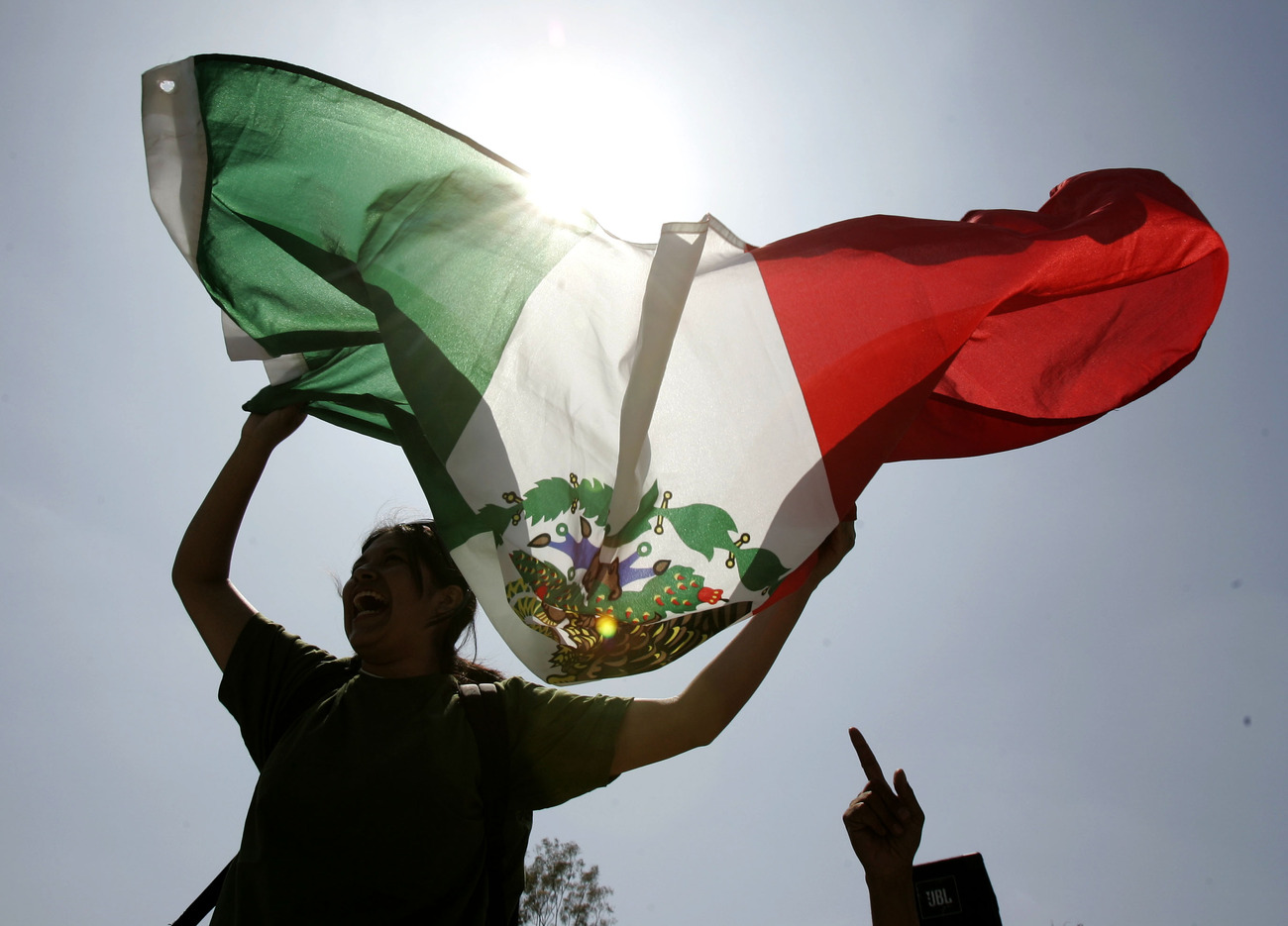#2023WCA: Reinvigorating the Hemispheric Trade Agenda
#2023WCA: Reinvigorating the Hemispheric Trade Agenda
Top leaders from Canada, Costa Rica, and the United States discussed how to promote trade and integrations in the Americas.
Speaker
- Bill Cassidy, U.S. Senator (R-LA)
- Mary Ng, Minister of International Trade, Export Promotion, Small Business and Economic Development, Canada
- Manuel Tovar, Minister of Foreign Trade, Costa Rica
- Eric Farnsworth, Vice President, Council of the Americas
"We do have a narrative. We do think Costa Rica can be a wonderful partner for USMCA, when the time comes," said the Minister of Foreign Trade Manuel Tovar during the 53rd annual Washington Conference on the Americas at the Organization of American States.
The panel began the discussion by analyzing that trade deal between Canada, the United States, and Mexico. Canada's Minister of International Trade, Export Promotion, Small Business, and Economic Development Mary Ng noted the successes of that trade pact. As USMCA approaches its 2026 review, she said: "This is an agreement we must continue to nurture. It is like growing flowers. The seeds have been planted over time, and you have to take the weeds out from time to time, but the flowers must grow," said Ng.
Costa Rica's Minister of Foreign Trade Manuel Tovar, also discussed the country's possibility of joining USMCA as the country's economic growth has increased investment. For example, "25 years ago, 30 years ago, we were exporting plantain chips. Today, we export microchips. That evidence is Costa Rica has embraced a profound transformation of our economy," stated Tovar.
Another topic was the importance of trade to the western hemisphere. "You can argue that it has not been since John F. Kennedy that the United States has had a coherent, consistent, effective Western Hemisphere engagement policy. We see that when the United States engages, it is an incredible benefit to our country," said U.S. Senator Bill Cassidy. One of the benefits that trade policy could have is to deter migration, particularly in Central America. "Indirectly, [trade] helps by creating economic stability in a land which, if we don't have economic stability, unleashes problems," said Cassidy.







